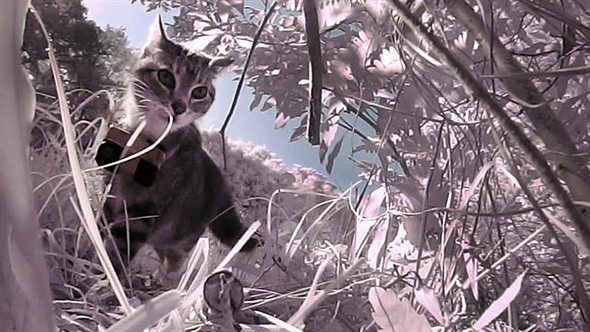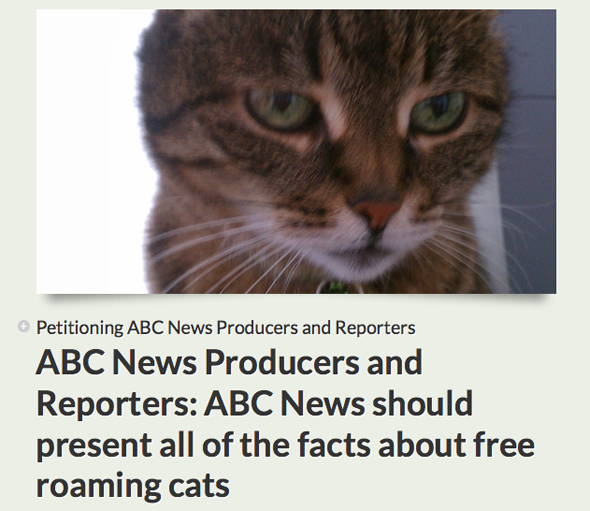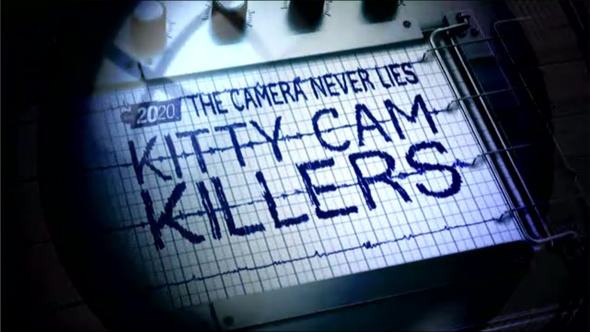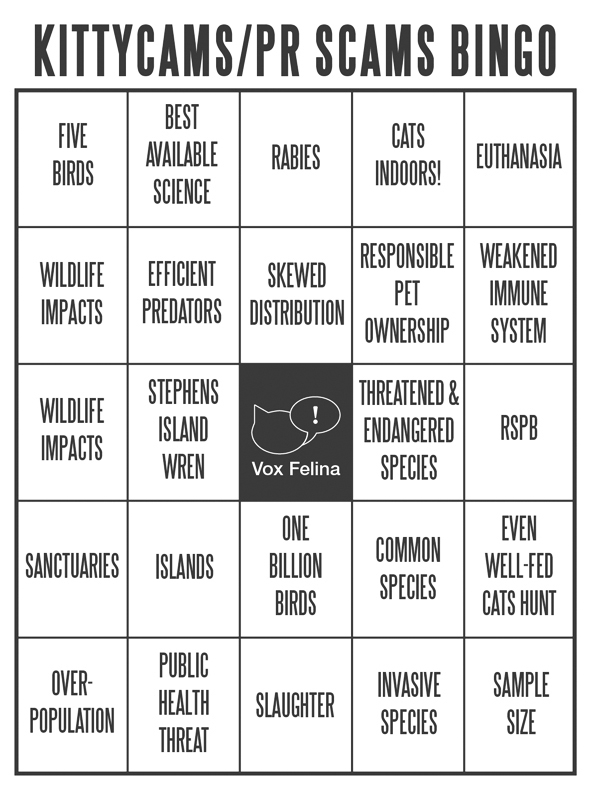In late 2009, Sharon George was struggling to recruit participants for her master’s thesis. A student in the University of Cape Town’s conservation biology program at the time, George was studying the hunting habits of suburban Cape Town’s pet cats. Although she’d distributed 600 questionnaires, only 32 had been completed—a response rate George describes as “very poor” in her thesis [1].
“The project in general was very challenging because of the way many cat owners perceived it. The majority of cat owners were unwilling to participate in the study because they felt it was ‘against’ cats and would lead to extreme measures being taken to control cat numbers” [1].
It turns out, the majority of cat owners were not wrong about that.
George’s results were published online in July as part of a larger study, accompanied by a media release (PDF) warning that “the research highlights the need to address the impact of cat predation on Cape Town’s wildlife, particularly near protected areas such as the Table Mountain National Park.” This led (not surprisingly) to sensational headlines proclaiming “‘200,000-plus’ wild animals slaughtered in Table Mountain National Park by Cape Town cats each year” and “Apocalypse Miaow II: ‘Keep cats inside property’, SANParks urges Capetonians.”




